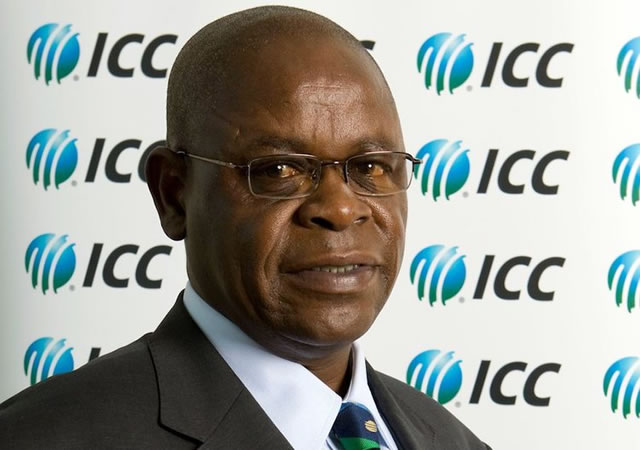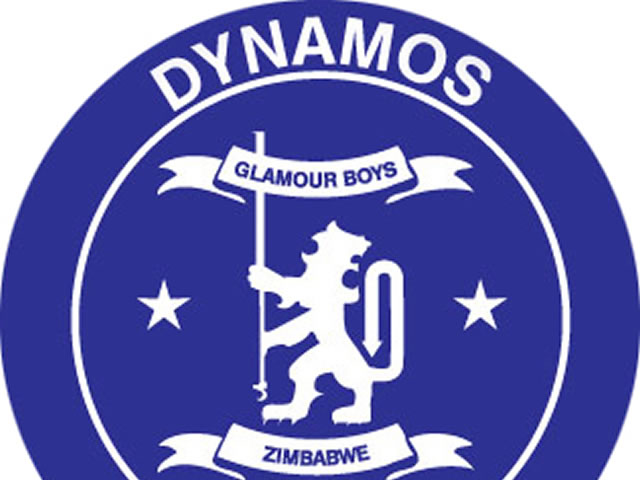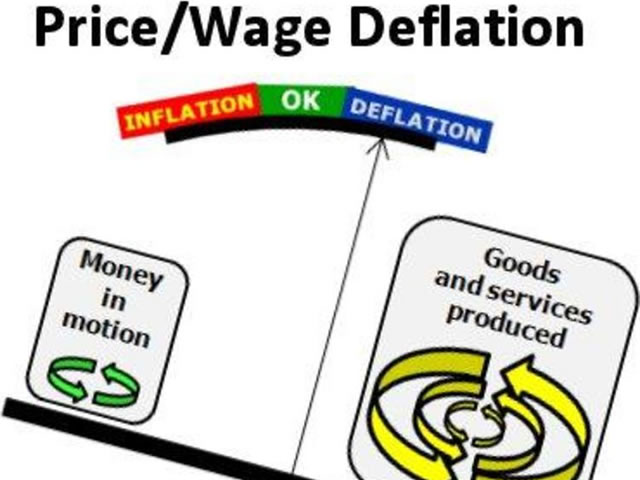Bailout or takeover?

Robson Sharuko Senior Sports Editor
A CONTROVERSIAL multi-million dollar bailout package, attached with strings to strip the Zimbabwe Cricket leadership of all their powers and sub-contract the sport’s management portfolio to an Administrator who would be spoon-fed with monthly handouts to run the game for three years, has been rejected by the domestic leaders.
The US$16 million bailout, which included a US$10.8 million liquidation of the ZC bank loans with MetBank and NMB Bank, and a monthly “drip feed” of US$450 000 into the cricket body from the end of this month to April 2016, had been put together by the commercial arm of the International Cricket Council.
It was set to be approved at the ICC Development (International) Ltd Finance and Commercial Affairs Committee meeting in Dubai last week, if the ZC leaders had consented, and would have transferred the administration of the game into the hands of an Administrator, who would be paid US$175 000 per annum, for the next three years.
But the ZC chiefs rejected the deal, uncomfortable with what they felt was tantamount to a boardroom coup being orchestrated with the input of domestic elements who have been battling to overthrow their leadership for more than a decade now, and chose to find alternative means of funding their operations.
ZC chairman, Peter Chingoka, and deputy chairman, Wilson Manase, attended the meeting in Dubai.
Sources said the Administrator, who had been earmarked to take over the running of the game in this country is former ZC Managing Director, Dave Ellman-Brown, a Sports Commissioner who has been viewed by the game’s leaders with suspicion since publicly criticising them in the international media platforms in the past.
Former Sports Minister, David Coltart, who appointed Ellman-Brown onto the Sports Commission board, is a severe critic of the ZC leadership.
The ICC projects that ZC will make about US$34.5 million between now and April 2016 with US$8.6 million coming from the ICC World Twenty20 held in Bangladesh last month, US$16.3 million coming from the ICC Cricket World Cup in Australia and New Zealand next year and US$8.6 million coming from the ICC World Twenty20 in 2016.
Two proposed Indian home tours are expected to generate a further US$7 million from television rights receipts while other tours will chew about US$6 million which will leave ZC with income, after taking care of their losses of US$34.5 million.
At its meeting in January this year, the F&CA tabled an application from ZC for a loan of US$19 million, who already owe the ICC US$5.3 million, and the loan was not approved with the board directing ICC chief executive, Dave Richardson, and Chief Financial Officer, Faisal Hasnain, to work with the local cricket organisation with a view to:
a) Ensuring that ZC is in a position to send its team to compete in the ICC WT20 2014 event in Bangladesh
b) Finding a way for ZC to feasibly “trade” itself out of the financial position in which it currently finds itself.
And, with these objectives in mind, the ICC chief executive and chief financial officer were authorised to:
Provide ZC with a loan of up to US$2.5 million (repayable from the ICC CWC 2015 distributions) to pay outstanding salaries and all necessary expenses to ensure that the Zimbabwe team is adequately prepared for and able to compete in the ICC WT20 2014
Work with ZC to reduce its existing cost base and bank liabilities and maximise revenues
Revise the KPMG prepared business plan, taking into account the further cost reductions, the potential restructuring of ZC’s bank loans and increased revenues for presentations to the F&CA and the IDI Board at the next meeting in April
The ICC commercial wing noted that other than the outstanding ICC loans, ZC were exposed to other liabilities that stood at US$16.3 million in bank loans although negotiations could be done for a reduction of the actual amount that could be repaid to the banks.
A bailout package was then structured, after Richardson and Hasnain visited Zimbabwe this year, where the ICC would advance the ZC US$10.8 million which would go towards the final settlement of the revised debts owed to the banks in the event that payment was effected within an agreed period.
In return the ICC would immediately recover US$8.6 million of that amount by withholding the ZC’s share from the World Twenty20 2014 tournament.
“The ICC would then need to ‘drip feed’ ZC US$450k per month from April 2014 until the conclusion of the ICC CWC in April 2015 (and) this should be sufficient to meet ZC’s reduced annual operating costs,” the bailout document read.
“ZC would operate on the basis of cash receipts and payments. There will be no capital expenditure (except on small items such as office equipment and computers etc) until the ICC loan is fully repaid.
“This will add a further exposure to the ICC of US$5.4m (i.e. US$450k per month x 12 months) which, when added to the post-WT20 exposure of US$10m will bring the total exposure to the ICC, at the conclusion of the ICC CWC 2015, to around US$16m (including interest).
“Since ZC is due US$16.3m from the ICC CWC 2015, it is proposed that would be offset against the loan immediately after the CWC. Any positive balance will be retained by ZC, to be offset against the future ‘drip feed’ monthly payments which would, thereafter, continue for a further year until April 2016.
“Following the conclusion of the ICC WT20 2016, it is proposed that the ‘drip feed’ monthly payments would cease and the total advanced would be recovered by the ICC in full, with no further ICC loan payments to be advanced.
“It is anticipated that at that point in time, ZC would have achieved a positive equity status of approximately US$4m (which compares favourably with its existing US$14m negative equity).”
But it’s the strings, attached to this bailout package, which didn’t go down well with the ZC leaders as the ICC suggested that bailout would only be approved on the following conditions:
ZC agreeing to the appointment of an ‘Administrator’ to oversee the management of the ZC business for the next three years. It is proposed that such a person be appointed as the de-facto CEO of ZC, reporting directly, however, to the ICC’s F&CA or to the ICC CEO.
Such a person would need to understand the cricket business, be strong enough to remain independent of the different political factions within ZC, capable of negotiating player, broadcaster, sponsor and supplier contracts and have the business and management skills to run an extremely tight and financially efficient organisation, including ability to ‘hire and fire’.
Management (ICC CEO and FCO) has a few potential candidates in mind for the ‘Administrator’ position, details of which will be provided at the meeting (in Dubai). The costs of such a person (estimated at approximately US$175 000 per annum, KPMG quoted a cost of US$10 125 per month for one of its senior managers to be seconded to ZC for this purpose), would be paid for by ZC as one of the agreed operating expenses.
The authority of the current ZC board during the interim management structure needs to be considered. An interim advisory board may be considered necessary.
The appointment if a Top Four auditing firm to replace ZC’s auditors (currently Ruzengwe & Co). ZC has already agreed to this for the audit of the 2014 accounts onwards.
Direct payments by the ICC into a designated bank account with one of the permanent signatories on all payments being the Administrator.
The ICC loan to be the only loan (or overdraft facility) taken by ZC during the next three-year period.
The three-year business plan to be effectively the next three-year budget for ZC.








Comments